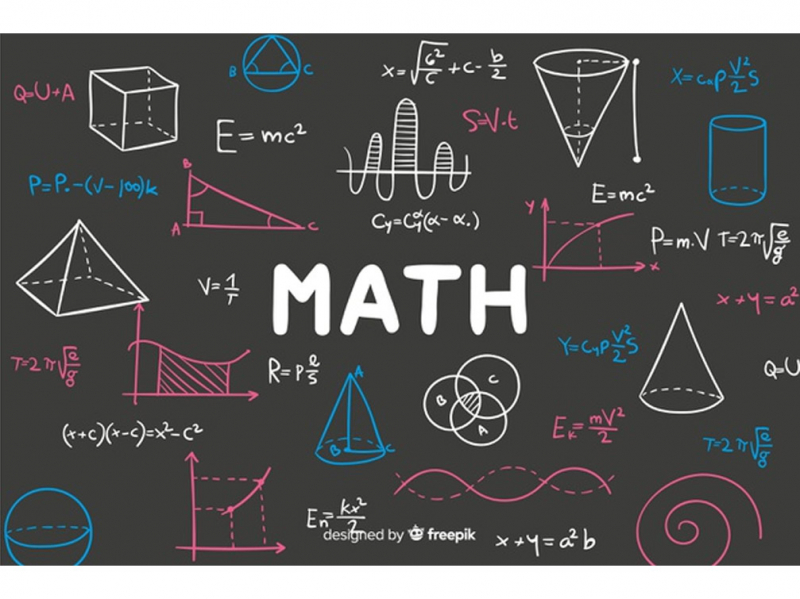The Unreasonable Applicability Of Mathematics
From the smallest items to the grandest celestial bodies in far-off space, mathematics is applicable to everything we can see around us. We can create equations in one discipline and use them in another that is entirely unrelated and still provide reliable answers. Geometrical constants derived from triangles and circles, for instance, can appear in fields as diverse as fluid dynamics. It's similar to a universal language that not only works for everything but also tends to work a little bit too well.
The term "unreasonable effectiveness of mathematics," which was coined by Eugene Wigner in a 1970 paper of the same name, is not new; mathematicians have long debated it in various forms. They find it puzzling that we can develop mathematical theories and see that they virtually always hold true, even in disciplines unrelated to mathematics, and yet there is still no logical explanation for it.









